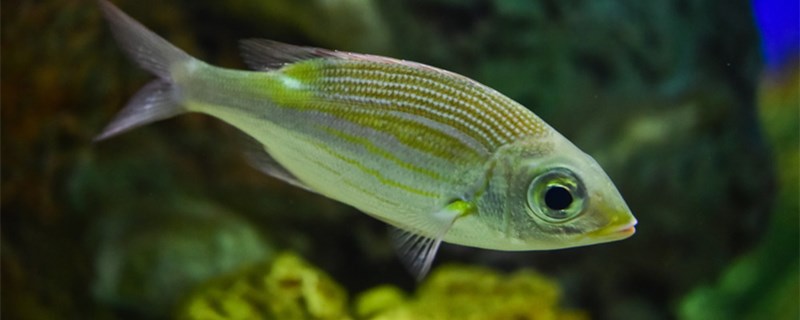
fish tank water 20 water 32 is completely possible. Usually, the diameter of the lower nozzle is about 1.5-2 times that of the upper nozzle, because the upper water is pumped, so the speed of water flow is very fast, but there is no additional pressure in the lower water, if the nozzle is too small, the drainage is not enough, so it can not be well filtered, and then it will accelerate the deterioration of water quality.
1. Physical filtration: Physical filtration is essential to the filtration system. Its function is to generate water flow in the fish tank. The water flow brings the dirt into the filtration system, so as to avoid polluting the water quality. The common dirt is mainly residual bait, fish feces, secretions, etc.
2. Biofiltration: Biofiltration purifies water with the help of beneficial bacteria, the most common of which is nitrifying bacteria. There are two types of nitrifying bacteria. One converts ammonia nitrogen into nitrite, and the other converts nitrite into nitrate. In this way, substances harmful to fish in the water body can be removed, thus better ensuring their survival.
3. Chemical filtration: Chemical filtration is not very common in general fish tanks. It mainly relies on various chemical reagents to adsorb or precipitate impurities in the water. The common ones include water quality stabilizers, flocculants, algaecides, deodorizers, protein decomposers, etc. Different reagents are used under different conditions.